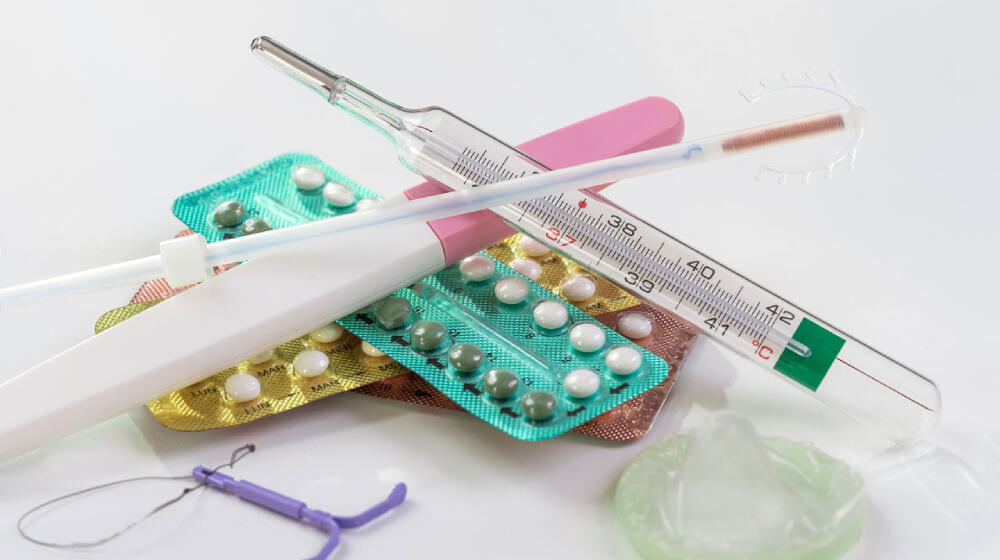"If COVID was transmitted sexually, the populations we serve would be covered” words rivetingly stated by Mrs. Joan Burke-Skeen, Executive Director, Belize Family Life Association (BFLA). The onset of COVID brought many challenges to individuals, families, communities, countries, and the world. We were all unprepared. For millions, daily activities were no longer routine, life was almost at a halt, there were no planes in the air, no ships on the high seas, not even a bicycle on the streets. For many the one thing for sure that did not halt was SEX! - whether for pleasure, stress relief or by force.
The lockdown of sea and airports eventually resulted in stock outs of many basic commodities including contraceptives. The depletion of in-country stocks was quick, causing fear and anxieties. Recognizing the potential reproductive health burden on families and the country, the Belize Family Life Association (BFLA), reached out to UNFPA with the aim to access its SRH Commodities Security in Emergencies resources. The response, in the affirmative, was immediate.
UNFPA provided BFLA with a donation of 122,400 units of male condoms which filled the gaps created by the stock-out of contraceptives and condoms. This donation continues to afford BFLA opportunities to make a difference in the prevention of pregnancies, transmission of sexually transmitted infections and Gender-based violence.
Mrs. Burke-Skeen in receipt of the donation shared her extreme gratitude to UNFPA stating, “Thank you UNFPA for your continued support in promoting and securing optimum sexual and reproductive well-being.”



